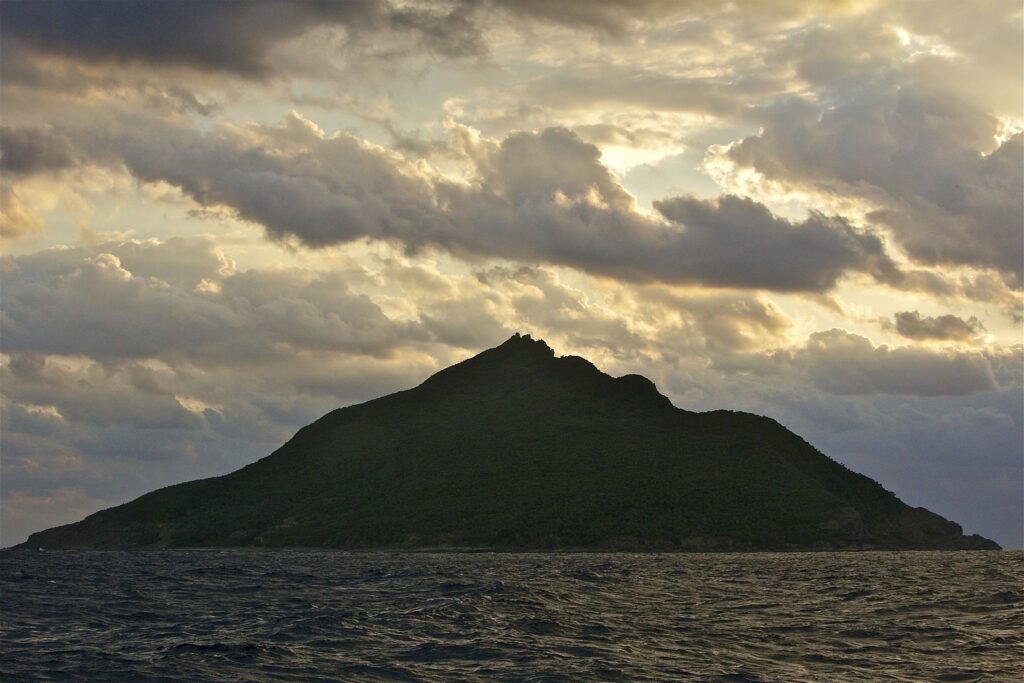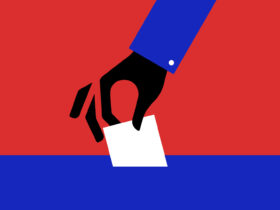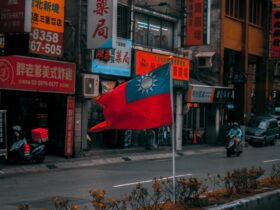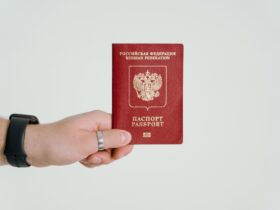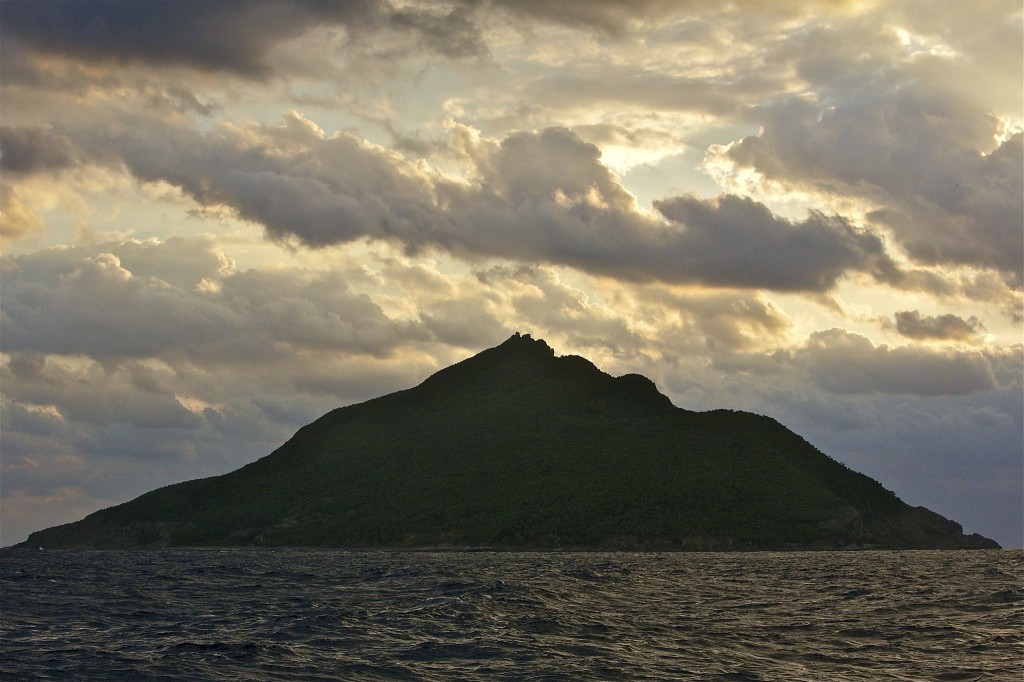
With tensions growing over the Senkaku / Diaoyu Islands, Glimpse from the Globe sat down with Dr. Daniel Lynch, one of the foremost scholars on contemporary Chinese and East Asian politics and international relations.
GG: To what extent is this island dispute a reflection of deeper tensions between China, Taiwan, and Japan? Under the surface, what underlying tensions does this represent?
DL: Well, I think you have to separate Taiwan out first. Taiwan’s motivations are very different from either China’s or Japan’s. When you just focus on the China-Japan dimension, the underlying tensions are the key, really. They’re in a long-term contest—which now China seems to have the edge in—to be the dominant power in northeast, and now southeast, Asia. So on the one hand, there’s that sort of cynical, power competition dimension to it; but the other hand, there really is a feeling in both countries, at least by elites who pay attention to foreign policy issues, that they do own the islands—in Japan, people think they own it; in China, people think they own it. So aside from the power competition dimension to it, there is also a genuine dimension to it, as well. In the case of China, it’s clear that neither the People’s Republic of China nor the Republic of China on Taiwan ever claimed the Senkaku / Diaoyu Islands before about 1970. Japan first took the islands—which no one lived on –in early 1895, during a war with China. That war was not about those islands; but in the process of prosecuting that war, mostly up in the north, Japan quietly annexed those islands. And as a result of the settlement of that war, they also got to annex Taiwan. The settlement didn’t formally address the Senkaku / Diaoyu Islands. They just formally, by name, addressed Taiwan. The Qing government at the time made no objection to Japan taking the Sen/Diao islands, and neither did the Republic of China government after it was founded in 1912, neither did the People’s Republic of China after 1949. Nobody in China said anything about them until 1970, after the UN issued a report that suggested there could be massive energy reserves located around and under those islands. Suddenly, the governments in both China and Taiwan said that all along, those islands belonged to China, going all the way back to the Ming dynasty, from the mid-1300s to the mid-1600s. The problem is—and people have published articles on this just recently—the maps published in China and Taiwan in the 1950s and 60s clearly show those islands as being owned by Japan. So Japan’s position is, you can’t this late in the game suddenly stake a claim to these islands. If you thought they were yours, then you shouldn’t waited 70, 80 years to say anything about it. China’s position, and the position of the handful of people in Taiwan who really care, is that even though we didn’t say anything about it, that doesn’t mean they weren’t ours. that doesn’t change the fact that they’ve been ours since the Ming dynasty. There are emotions involved, and there are levels of cynicism involved, too.
GG: Much of your own work has focused on the Chinese experience of democratization and socialization into the international community, as it were. How will this process affect, or be affected by, territorial disputes such as these? How does this play into the Chinese experience of coming into its own as an international power?
DL: Well, it probably wouldn’t have any direct effect on whether or not the leadership would pursue political reforms. The reason this is a big issue now is that the Japanese central government decided to buy those islands from private Japanese owners back in September. They had been owned by a private family, but the central government in Tokyo was worried that if it didn’t buy the islands, right-wing Japanese groups would buy them and then use them to stage incidents and provoke even greater problems with China. So to prevent those problems—to try to defuse the situation—the central government bought those islands. But China went apoplectic, and turned loose these nationalists carrying around placards that read, “Let’s annihilate the Japanese race with nuclear weapons,” “let’s rape Japanese women.” I’ve got photographs of people carrying around these placards saying shocking, powerful stuff. The Chinese government eventually reigned in those demonstrators, even though it initially encouraged them. If China were now to suddenly democratize—which it’s not going to do—it wouldn’t want those people demonstrating. They’re real, hard-core extremists. They’re calling for genocide. And this is in big cities—big, metropolitan areas with cosmopolitcan populations and so on calling for the annihilation of a neighboring country—you don’t see that too often. SO this might discourage, on the one hand, some Chinese political reformers. You can’t really take the change when extremists like this are influencing foreign policy, political system, and policymaking process. Others might say, though, that it’s precisely the authoritarian system that nurtures that kind of extremist sentiment, because the authoritarian government is constantly bombarding the Chinese people with all of this anti-Japanese propaganda, cultivating instability intentionally. And if you democratize the system and allow people to hear other voices, those tensions would ease. So the bottom line is, there’s no clear path from these events to whether we do, or whether we don’t, try to reform the political system.
The socialization issue, though—this really makes China look like an unstable and dangerous actor in international relations. I don’t think there are too many people out there who blame Japan for the recent flare-up. Without taking a position on the ultimate sovereignty questions, I think most countries agree that China has acted in a very provocative and bellicose way. This doesn’t help China’s reputation. In China, according to the news articles I’ve read online, people seem to think that this does help China’s reputation because it proves to the world that China’s tough and doesn’t put up with any nonsense. But if you try to cultivate an image of yourself as tough and not putting up with any nonsense, others may see you as extremely bellicose, even when nobody’s really giving you any nonsense; there’s no real reason to be bellicose. So I think it actually hurts China’s image, frankly.
GG: To what extent will U.S. influence in the region determine the long-term outcome of control of the islands?
DL: That’s a really good question, because as you know, the U.S. position—it doesn’t take a position on who has sovereignty—but as long as Japan administers those islands, then according to the terms of the U.S.-Japan security treaty, the U.S. is required to come to Japan’s assistance in the event China attacks the islands; that’s as long as Japan has administrative control over the islands. And the U.S. has reiterated this several times, including last weekend, by sending a delegation of senior foreign policy officials to China. If for some reason China were to come to have administrative control over those islands, the U.S. would no longer be bound by the treaty to help Japan. So some people say China is preparing, by sending ships inside the 12-mile water boundary around the island a few days ago and swarming the area with fishing boats—while Japan only has between four and forty coast guard vessels around the islands to try to ward off any kind of invasion—it looks like, according to some people, China is planning to eventually go ashore and occupy the islands, without really firing a shot, claiming that Japan no longer has administrative control, and therefore the U.S.-Japan security treaty is irrelevant, and now we own the islands. that’s what some people think the strategy is, and that we’ll see it unfold in the weeks or months ahead.
GG: Do you think that will work? What do you see as the long-term outcome?
DL: It’s impossible to say whether it’ll work; it depends on Japan’s response. This is a scenario a lot of people have talked about, too. The [Japanese] Prime Minister has said they are going to beef up the number of coast guard patrols down there, to try to prevent this. But the thing they have’nt done yet, and there’s no sign they’re going to do whatsoever, is to state they’re actually staging military forces on the islands, arm them, place weapons on them, which could work to prevent anyone from coming ashore. Those islands are thoroughly unoccupied, and they’re not even using the navy to protect them—they’re just using the coast guard. So they’re not arming the islands, they’re not putting soldiers on the islands—if they were to do that, that would obviously infuriate China, but it would also make it very difficult, if not impossible, for China to use their strategy for taking them. So if Japan doesn’t do something like that, then yes, maybe the Chinese moves will succeed. And with the leadership change coming up in China, we don’t know the relationship between these developments and the leadership change. Maybe after the leadership change, they’ll decide this is heightening international tensions too much, and realize they want to cool the situation down; that’s always a possibility, too. It’s really impossible to predict how this is going to play out.
GG: Thanks very much for your time; this has been very interesting.
DL: My pleasure!





